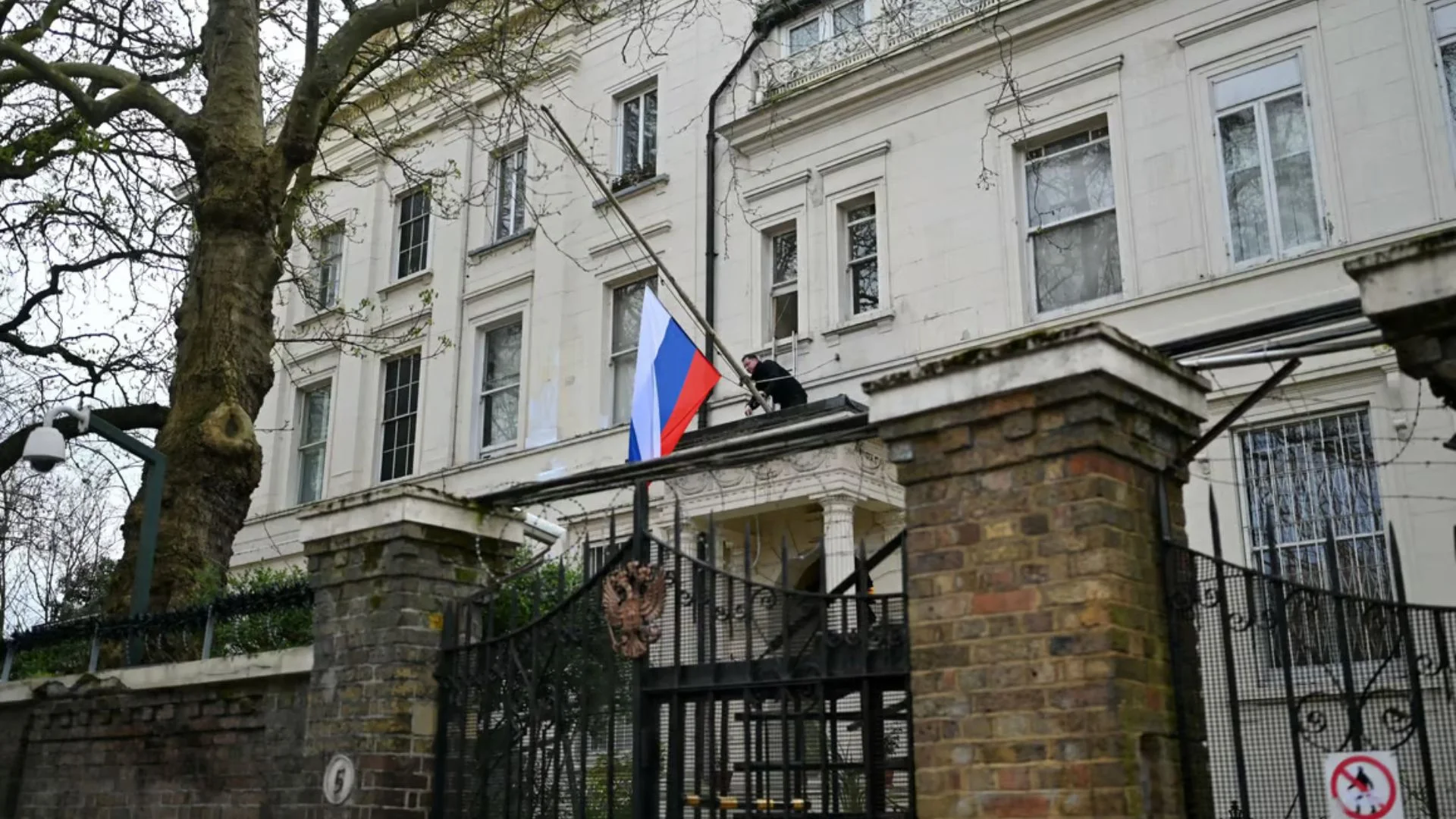The Allahabad High Court in the case Prashant Chandra vs. State Of U.P. Thru. Prin. Secy. Home, Lko. And Others observed and has held that if in the demand notice, the other amounts are being mentioned which being in detail along with the cheque amount in a separate portion, thus, the notice issued can be faulted in a legal term as stated under Section 138 (b) of the Negotiable Instrument Act, 1881.
The court in the case stated that as per Section 138 (b) of the Negotiable Instrument Act, 1881, the payee or the holder in due course of the cheque, on the dishonour of the cheque, has to make a demand which being for the payment of the said amount wherein the notice is issued in written, to the drawer within the period of thirty days of the receipt of information by him from the bank regarding the return of the cheque which is unpaid.
In the present case, the applicant, Prashant Chandra received a cheque for an amount of Rs. 50 Lakhs from the opposite parties. Thus, when the same is being presented before the bank and it was dishonoured because of insufficient funds. The court stated that as per the provisions of Section 138 (b) of the Negotiable Instrument Act, 1881, the demand notice has been issued by the applicant to the opposite party wherein calling them to make the payment and when the said payment is being made within the stipulated time of 15 days, the applicant moved the Court. Further, the Trial court in the case observed and has dismissed his complaint under section 203 of the Code of Criminal Procedure with a finding that the demand notice which is being served to the accused persons was bad as in the demand notice dated 04.08.2022, there being the break-up of the cheque amount of Rs. 50 lacs, and another amount of Rs. 50 lacs has been mentioned.
It has also been recorded by the Trial Court in the case that the demand only for the cheque amount could have been made and not of a further for an amount of Rs. 50 lacs and along with the interest quarterly rests and as such the notice which is being issued on behalf of the complainant was not compliant with the provisions as stated under section 138 (b) of the Negotiable Instrument Act, 1881.
The court observed that it being the contention of the applicant that by virtue of the provisions contained in Section 138 of the Act 1881, the applicant seek for the payment of the cheque amount (50 Lakhs) along with 21 per cent interest with quarterly interests and thus, it was being contended that the said demand notice cannot be termed as bad in the eye of the law. The bench headed by Justice Suresh Kumar Gupta in the case observed and stated that it being the settled principle of the law that the demand notice should be read as the whole, and it should not consider only part of the notice and on the demand notice, thus, the holder or payee can demand to pay out for the stated amount, i.e. cheque amount.
Adding to it, the court stated that when the holder demands other types of other amounts with the cheque amount, he needs to specify that amount with details in the notice and if done so, it does not affect of validation of such demand notice.
Further, the court in the case observed and has held that if in the demand notice, other amounts are mentioned with the cheque amount in a separate portion in detail, thus, the said order cannot be faulted with. Accordingly, the allowed the application and has set aside the aforesaid impugned order 25.4.2023, the court further the matter back to the trial court to pass a fresh order after hearing the party.

















